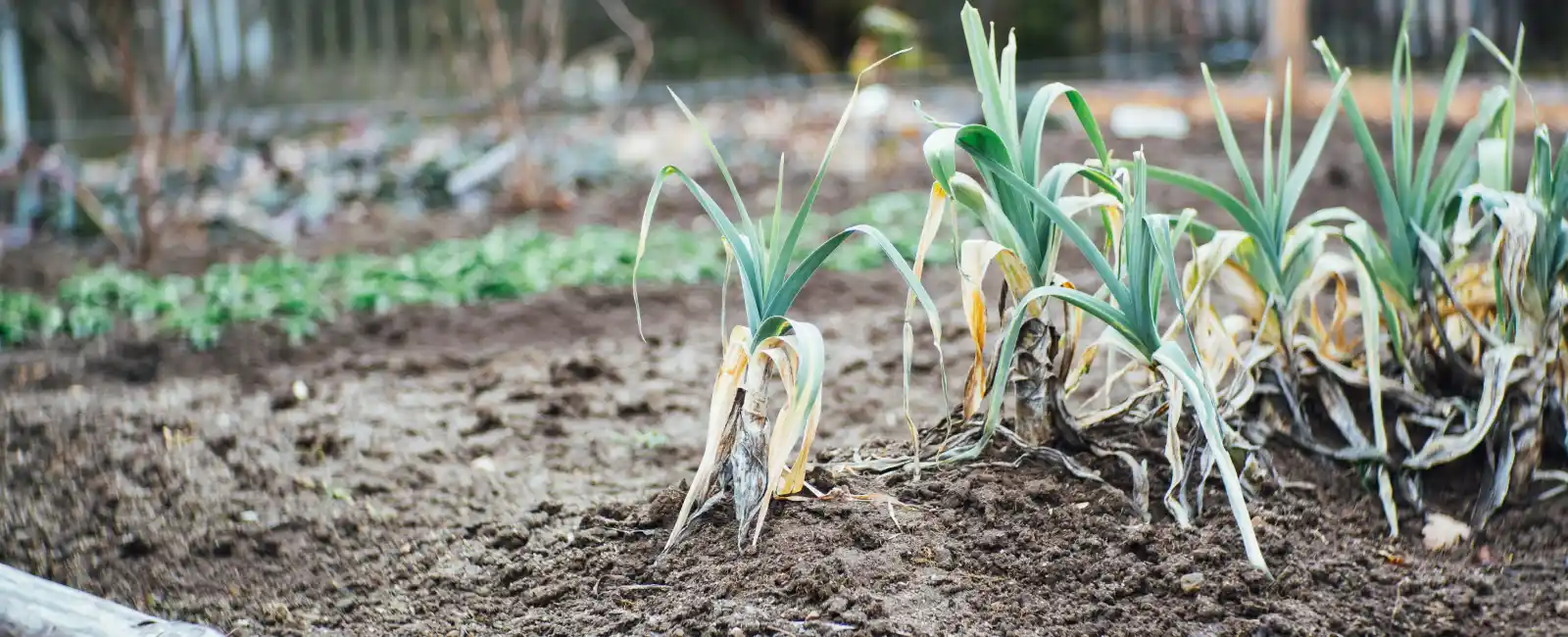Bavaria, known for its stunning landscapes, rich history, and vibrant culture, is also a powerhouse of agriculture. Farming in Bavaria plays a pivotal role in the region’s economy and food production, making it an essential part of daily life. From rolling hills covered with crops to dairy farms nestled in picturesque valleys, Bavarian farming is as diverse as the region itself. In this post, we will explore the various types of farming in Bavaria, its history, modern practices, and its future in a changing world.
The Rich History of Farming in Bavaria
Farming has deep roots that go back thousands of years. Early settlers began cultivating land during the Neolithic period. Over time, agriculture became more organized and sophisticated, especially during the Roman era. With Bavaria’s fertile soil and favorable climate, it quickly became a key agricultural region in Central Europe.
By the Middle Ages, farming was primarily focused on subsistence agriculture. Small family farms dominated the landscape, producing grains like barley, wheat, and rye. Livestock farming also grew in importance, with cows, pigs, and chickens becoming common fixtures on Bavarian farms. The monastic communities played a significant role in developing farming techniques, as they experimented with crop rotation and irrigation. The introduction of new tools and machinery during the agricultural revolution further advanced farming efficiency. Over centuries, these innovations transformed Bavaria into a hub for both crop and livestock farming, enriching local communities and shaping the cultural landscape.
Even today, the rich farming heritage of Bavaria continues to thrive in rural areas, where family farms remain at the heart of Bavarian culture. Technological advancements, like precision farming, have allowed modern Bavarian farms to increase their productivity while reducing environmental impact. At the same time, organic farming and sustainable practices have gained prominence, reflecting the region’s commitment to quality and environmental stewardship. Despite challenges such as climate change and rural depopulation, farming in Bavaria stands resilient, blending tradition with innovation to ensure its place in the region’s future. As it adapts to new challenges, Bavarian agriculture remains a pillar of both the local economy and its cultural identity.
Today, traditional practices still thrive alongside modern agricultural techniques. Farming in Bavaria honors the past while innovating for the future, balancing sustainability with productivity.
Types of Farming in Bavaria
Dairy Farming in Bavaria
Dairy farming in Bavaria is synonymous with the region. Rolling green pastures, dotted with cows, are iconic in the Bavarian landscape. Bavaria is one of the largest milk-producing regions in Europe, known for producing high-quality milk products like cheese, butter, and yogurt.
The Bavarian Alps provide the perfect environment for dairy farming. Cows graze in alpine meadows, where they feed on natural grass and wildflowers. This diet gives Bavarian dairy products their distinct taste, which is renowned throughout Europe.
Small family-owned dairy farms still dominate the region, though modern technology has streamlined production processes. Many of these farms are part of cooperative systems that help them distribute their products locally and globally. Dairy farming in Bavaria remains a vital source of income for rural communities, preserving centuries-old traditions.
Organic Farming in Bavaria
In recent years, organic farming in Bavaria has gained tremendous momentum. Bavarian consumers increasingly demand organic and sustainably grown food. As a result, many farmers have transitioned to organic practices, focusing on producing crops without synthetic pesticides or fertilizers.
Organic farming in Bavaria emphasizes crop diversity, soil health, and environmentally friendly techniques. Farmers often rotate crops, plant cover crops, and use compost to enrich the soil naturally. This approach reduces environmental impact while ensuring high-quality, nutrient-rich produce.
Fruits, vegetables, grains, and even meat products are part of the organic farming scene in Bavaria. Organic farming in Bavaria is often showcased at local farmers’ markets and food festivals, offering a fresh, sustainable alternative to conventional farming.
Crop Farming in Bavaria
Crop farming in Bavaria is diverse, with wheat, barley, rye, and corn being the most commonly grown crops. Bavaria’s favorable climate, with plenty of sunshine and rain, makes it a fertile ground for these grains. Barley, in particular, plays a significant role in Bavaria’s brewing industry, which is famous worldwide for its beer.
Alongside grains, Bavarian farmers also cultivate potatoes, sugar beets, and vegetables like carrots, cabbage, and onions. Hop fields are another prominent feature of the landscape, contributing to Bavaria’s world-renowned beer production. The Hallertau region is the largest continuous hop-growing area in the world, making farming in Bavaria crucial to the global beer industry.
Crop farming in Bavaria follows strict quality guidelines, ensuring that food products meet high safety and taste standards. Many farms have adopted sustainable practices to minimize their environmental footprint, such as precision farming techniques, which use technology to optimize water usage and fertilizer application.
Viticulture and Wine Farming
While Bavaria is primarily known for its beer, wine making has a long history. Franconia, a region in northern Bavaria, is famous for its wine production. Wine farming in Bavaria focuses on producing high-quality wines, with Silvaner, Müller-Thurgau, and Riesling being popular varieties.
The hilly vineyards of Franconia provide an ideal environment for growing grapes. The unique soil composition, combined with the region’s climate, gives Bavarian wines their distinctive character. Wine farming in Bavaria has gained international recognition, with Franconian wines regularly winning awards.
Many Bavarian vineyards also follow sustainable and organic practices, ensuring that wine farming in Bavaria continues to thrive while respecting the environment. These vineyards attract tourists interested in wine tasting and exploring Bavarian culture.
Livestock Farming
Livestock farming in Bavaria is an integral part of rural life. In addition to dairy cows, Bavarian farmers raise pigs, chickens, and sheep. Pork is a staple in Bavarian cuisine, used in dishes like sausages, schnitzels, and roasts. Bavaria’s love for meat is reflected in its farming practices, with livestock farms often focusing on humane and sustainable methods.
Many livestock farms in Bavaria raise their animals on natural diets, allowing them to graze in open pastures. This results in high-quality meat products that are prized both locally and internationally. Traditional Bavarian farms often employ mixed farming, raising both crops and livestock on the same property, creating a balanced and sustainable system.
Livestock farming in Bavaria not only supports the food industry but also plays a role in maintaining the region’s biodiversity. Grazing animals help manage the landscape, preventing overgrowth and encouraging a healthy ecosystem.
Modern Farming Techniques
Farming in Bavaria has evolved significantly over the years. While traditional methods still exist, modern technology has enhanced productivity and sustainability. Many farmers now use GPS-guided machinery, drones, and precision farming techniques to optimize crop yields and reduce waste.
Precision farming allows Bavarian farmers to apply fertilizers and pesticides more efficiently, minimizing their environmental impact. These methods ensure that farming in Bavaria remains sustainable while meeting the growing demand for food.
Automation has also revolutionized dairy farming in Bavaria. Milking machines, automated feeders, and data-driven herd management systems make dairy production more efficient and humane. Farmers can now monitor their animals’ health in real-time, ensuring that they remain in peak condition.
Green energy is another important aspect of modern farming in Bavaria. Many farms have installed solar panels, biogas systems, and wind turbines, reducing their reliance on fossil fuels. Sustainable energy solutions ensure that farming in Bavaria contributes to environmental conservation while staying economically viable.
Challenges
Despite its many successes, farming faces several challenges. Climate change poses a significant threat, with rising temperatures, changing rainfall patterns, and more frequent extreme weather events affecting crop yields and livestock health.
Droughts and floods have become more common, forcing farmers to adapt to these unpredictable conditions. Many are turning to drought-resistant crops, improving irrigation systems, and experimenting with new farming techniques to mitigate the effects of climate change.
Land prices in Bavaria have also skyrocketed in recent years, making it difficult for young farmers to acquire farmland. This has led to a decline in the number of family-owned farms, as large agricultural corporations buy up land.
Additionally, rural depopulation is a growing issue. Many young people are moving to cities for better job opportunities, leaving an aging farming population behind. This has raised concerns about the future of farming in Bavaria, as fewer young people are entering the industry.
Sustainable Solutions for Farming in Bavaria
To address these challenges, many farmers in Bavaria are embracing sustainable solutions. Organic farming, as previously mentioned, plays a significant role in reducing the environmental impact of agriculture. Many farmers are also participating in government programs that encourage biodiversity, protect wildlife habitats, and preserve natural resources.
Agroforestry is another sustainable farming practice gaining popularity in the region. This method combines agriculture and forestry, with farmers planting trees alongside crops or grazing livestock. Agroforestry improves soil health, prevents erosion, and enhances biodiversity, making farming in Bavaria more resilient to climate change.
Community-supported agriculture (CSA) is also on the rise. This model allows consumers to buy shares in a farm’s harvest, supporting local farmers and reducing food waste. CSAs create a stronger connection between farmers and consumers, fostering a sense of community around sustainable farming in Bavaria.
The Future of Farming in Bavaria
Farming in Bavaria has a bright future, but it will need to adapt to the changing world. Sustainable practices, technological innovation, and community support will be key to ensuring that Bavarian agriculture remains viable in the face of climate change and economic pressures.
Young farmers are beginning to embrace new approaches to farming, blending tradition with modernity. From farm-to-table initiatives to innovative uses of technology, these young farmers are shaping the future of agriculture in Bavaria.
Moreover, the Bavarian government continues to support the agricultural sector through subsidies, training programs, and environmental protection initiatives. The combination of local tradition, government support, and innovation ensures that farming in Bavaria will continue to thrive.
Conclusion: Farming in Bavaria as a Cultural and Economic Pillar
Farming in Bavaria is not just about food production; it is a way of life deeply rooted in the region’s culture and traditions. From the family-owned dairy farms in the Alps to the organic vineyards of Franconia, Bavarian agriculture remains an essential part of its identity.
While challenges exist, the resilience and innovation of Bavarian farmers ensure that farming in the region will continue to prosper. As sustainability becomes more critical, Bavarian farms are leading the way in balancing tradition with modern, eco-friendly practices. Whether through organic methods, technological advancements, or community initiatives, farming stands as a testament to the region’s commitment to preserving its agricultural heritage while adapting to future challenges.
Farming in Bavaria also supports the local economy, providing jobs and fostering rural development across the region. The sense of community that surrounds these farms strengthens the cultural bonds between generations, passing down valuable skills and knowledge. As tourism grows, visitors are drawn to the authenticity of Bavarian agriculture, from farm tours to tasting local products. Bavarian farms play a key role in promoting sustainable tourism, offering experiences that connect travelers to the land and its heritage. By embracing both tradition and innovation, farming will remain a cornerstone of the region’s identity for years to come.



